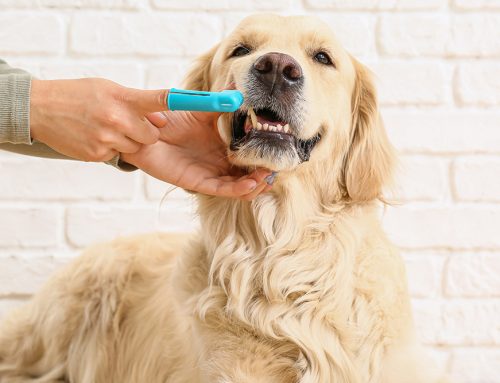Wellness Care and your pet
In human medicine, the value of preventative care is well established. A healthy diet, regular dental care, exercise, stress reduction, etc. can save us money on medical bills and greatly increase our quality of life. It’s no different in the case of a well loved pet. Many pet owners still associate veterinary care primarily with annual vaccination and the treatment of overt disease. Regular veterinary wellness care, however, benefit both the pet and its human family.
Wellness care can greatly improve your pet’s quality of life. By preventing health problems instead of reacting to health emergencies, you can save your pet the pain and stress that come from unmanaged and undiagnosed medical conditions. The primary benefit of regular exams is the opportunity to catch and treat small problems before they become full-blown medical conditions. It is much easier to treat and manage conditions such as diabetes mellitus, dental disease, and osteoarthritis when they are caught in the early stages and more treatment options are available.
Using regular wellness care to prevent and diagnose disease in the early stages can also greatly reduce the amount of money spent on vet bills. The more advanced the condition, the more involved the treatment. This means higher vet bills….and usually greater stress for your pet.
The cornerstone of preventative care is a yearly exam. Twice yearly exams are recommended for senior pets. Remember that your pet ages an average of 7 years for every one human year. That’s a lot of aging in a single year! A comprehensive exam gives your vet a chance to check out your pet from head to tail. Simple diagnostic screening such as bloodwork and fecal testing can spot internal problems before any physical signs can be seen. Yearly vaccination is an important part of wellness care, but should not be considered more important than a regular exam. During these visits, your veterinary team should also review at home preventative care such as good nutrition, dental care, parasite control, and exercise. After all, effective wellness care is a partnership between the veterinary care team and the pet’s family.
This brings us to a less tangible, but no less important, benefit of regular wellness care: the establishment and strengthening of the bond between a pet and its owner. When a strong bond is established between an owner and their pet, the owner becomes an advocate for their pet who cannot speak for itself. An owner who is strongly bonded to their pet is more likely to notice when there are changes in a pet’s behavior, signs of pain, or other problems. This kind of information is extremely valuable to the treating veterinarian.
You love your pet. You want to give your pet the best care possible. Your veterinary team should be your partner in this goal!






Leave A Comment